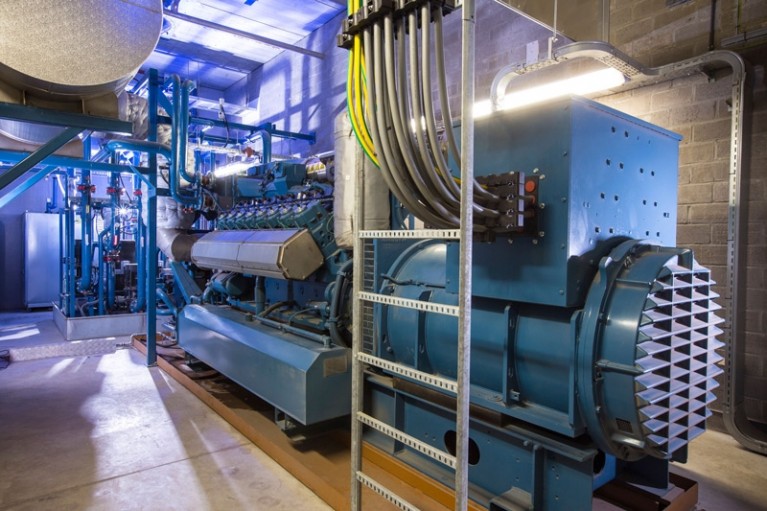Sustainability
Sustainability is part of processing natural products. And because Remo is all about potatoes, sustainability is our top priority!
It starts by buying sustainable ingredients
Remo's efforts start with the quality requirements it imposes on the suppliers of ingredients. We work closely together with farmers. We expect high quality from them, sense of innovation, reliability, flexibility and an added value in terms of sustainability.
That is why we exclusively work with certified farmers (Vegaplan or GlobalGap). Remo also audits about 30 arbitrarily chosen farmers every year with focus on sustainability. This occurs by means of an extensive questionnaire about the following topics:
- Continuous improvement
- Fertilizers, pest control agents and fuel
- Soil
- Water
- Biodiversity
- Energy
- Waste
- Social and humand values
- Education, training and courses
All these measures ensure that we can guarantee top quality ingredients, which are also produced sustainably.
Focus on efficient and environmentally-friendly production

In 2000 Remo was already working with a small installation to produce biogas from potato peels. Several recognitions were awarded for this pioneering role within the industry.
Early 2013 it was decided to expand the water treatment system and, linked thereto, the fermentation plant. The plant was designed in function of our energy needs. The purpose? Being CO2 neutral in terms of electricity and optimise by-products to the maximum to produce high-quality animal feed. Since November 2013 we are the only business in the potato sector to provide 100% of its own energy needs.
The fermenter runs on by-products only, in other words on non-reusable potato waste. There are 3 by-products. The peels are the first by-product. French fries or potatoes with a black spot are finely ground with the unusable potato residues and form the second by-product.
The third by-product is the starch in the process water. The 3 streams are pumped to the hydrolysis tank, which feeds the fermenter in which the biogas is released. This gas is cleaned and dried and then pumped to the cogeneration system.
Besides the electricity which is used directly in the plants, the cogeneration system also produces thermal energy in the form of hot water. This is used to heat the offices, as cleaning water, supply water for steam boilers and to keep the fermentation installation at the right temperature in winter. All useful heat is thus constantly being used for 100%.
The exhaust fumes of engines are led through a recovery boiler, thus generating steam at 7 bar. This steam is used in the plant to boil the potatoes and to process the residual streams into animal feed. This approach will result in significant savings of fossil natural gas consumption.
The water use in the production process is also constantly optimised at Remo. If possible and if legally permitted it is reused to the maximum. In the own water treatment plant waste water is purified to dischargeable water which meets the strictest environmental requirements and standards.
Packaging process
Remo works with the most modern packaging techniques and continuously optimises the different packaging processes. A lot of attention is paid to reducing the use of energy and restricting, and if possible avoiding, the use of packaging materials. Unusable fossil residues are stored separately and reduced in volume by means of a special press. Paper and carton are removed separately and processed in a carton press at the plant.
Transport & logistics
Remo uses a modern, own fleet with environmentally-friendly trucks and cooling installations. All drivers are trained to drive safely and economically. Besides the use of fuel, attention is also paid to the use of the cooling installation. Loading doors may not be opened longer than necessary. Cooling can only be switched on when products are in the truck.
All drivers are re-trained every year in view of sustainability and environmentally-aware handling of transport matters (consumption and cooling).
Besides training and raising the awareness of drivers Remo also thinks about how orders can be planned as efficiently as possible for customers. Small individual orders are prepared in specific reusable packaging carriers and/or group transports. This reduces the number of journeys and the use of packaging materials.

